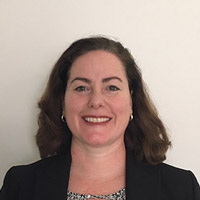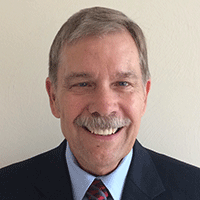Description: A call to action for the development of a consensus based nuclear Digital Twin Guide for Advanced Reactor Design, Accident Simulation and Fleet Operation.
As an integral part of this Guide, an ASME Plant Systems Design standard is being developed by the Plant Systems Design Standards Committee. This standard is a building block for the use of Digital Twin approach to the design of advanced reactor plants.
The concept of this standard is to integrate systems engineering, qualitative and quantitative risk evaluations, and probabilistic design methods as the basis for the design processes. The standard integrates the design concepts of defense in depth, regulatory requirements, safety significance, risk-informed and performance-based principles into a technology-neutral design process. The standard will provide guidance on the integration of these concepts into the design process and support the overall integration into Digital Twin applications.

Kate Hyam is director of Nuclear Codes and Standards at ASME.

Mr. Ralph S. Hill III retired from Westinghouse Electric Company at the end of August 2014 and formed his own consulting company, Hill Eng Solutions LLC. Prior to retirement, he was a Westinghouse Electric Company Consulting Engineer. Ralph has over forty years of technical and management experience including more than thirty-six years in planning, engineering design, construction, and modification for the nuclear power industry. In the fourteen years prior to Westinghouse, he provided strategic planning, system engineering, risk management, process evaluation, and project management consulting services to the U.S. Department of Energy in spent nuclear fuel, radioactive waste management, and nuclear materials disposition-related projects. He has extensive experience in project management, systems engineering, and systems analysis for high-level and low-level waste and nuclear materials disposition systems.
Although retired, Ralph continues his volunteer activities in support of ASME codes and standards. He has been actively involved as a contributor and a leader in promulgation of ASME nuclear codes and standards for over 40 years and has been awarded the Bernard F. Langer Nuclear Codes and Standards Award, the Codes and Standards Distinguished Service Award and the grade of ASME Fellow. He is past-Chair of the ASME Board on Nuclear Codes and Standards and the Boiler and Pressure Code, Section III, Nuclear Construction Standards Committee. Mr. Hill is the current Chair and champion for development of the new ASME Plant Systems Design standard. He has recently become actively involved development of a framework to support development of digital twin applications.